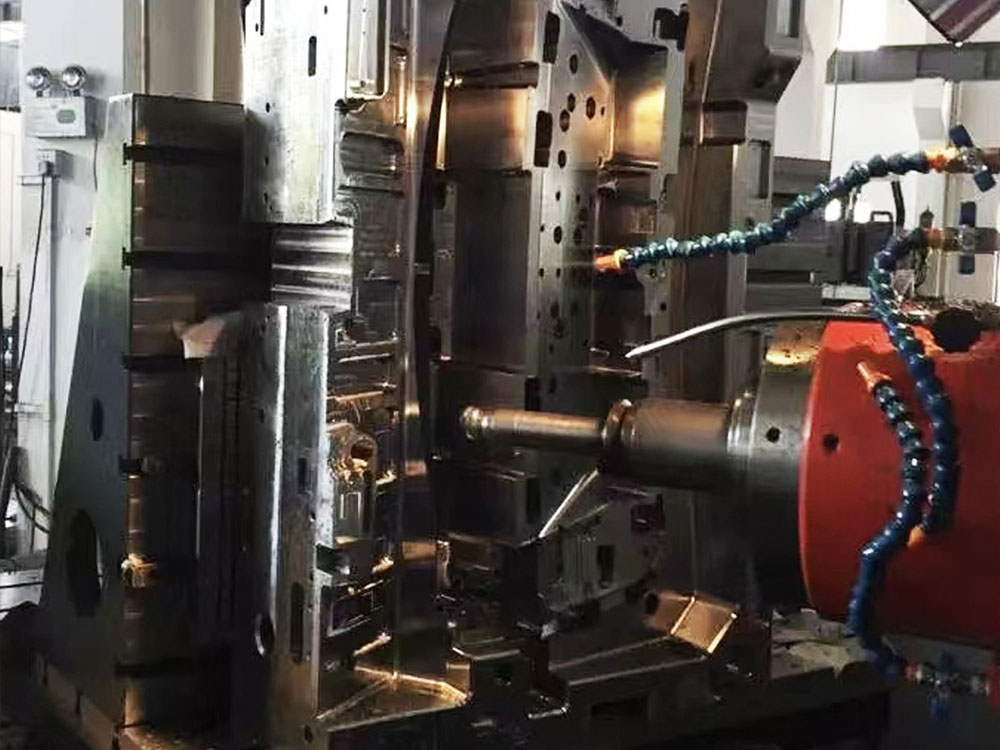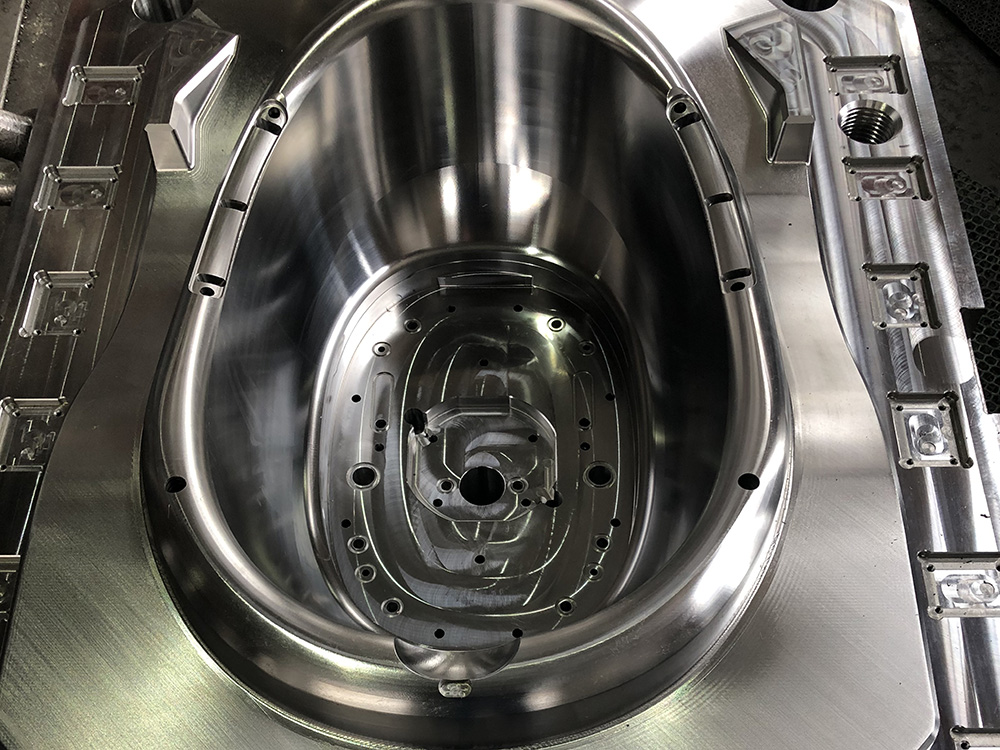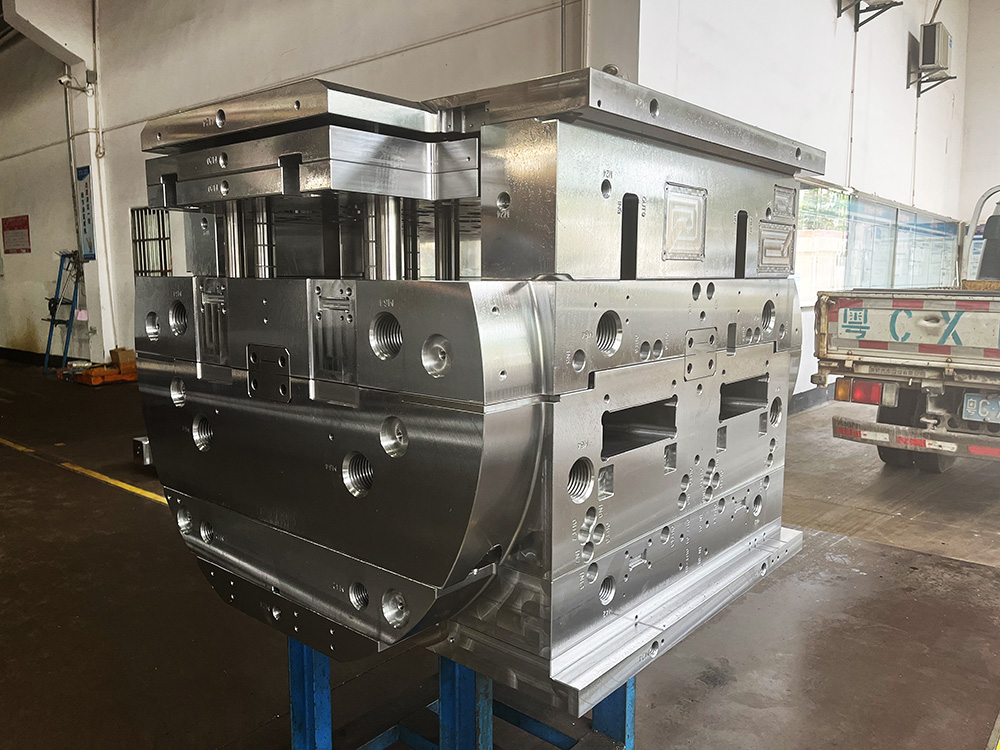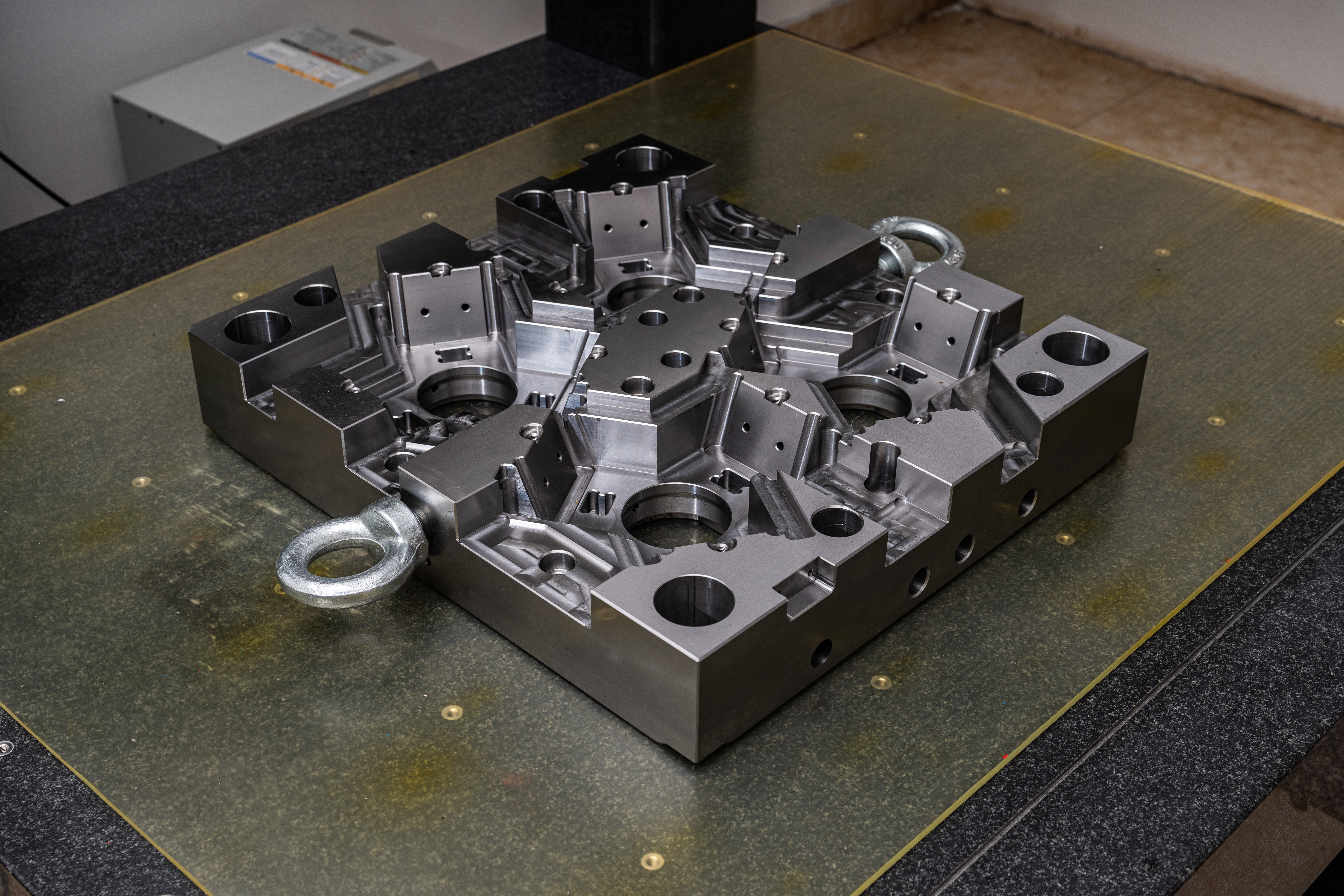What is Modular Construction?
Modlar Construction, also known as off-site construction, is a method of building that involves constructing and assembling individual modules or components in a controlled factory environment. These modules are then transported to the construction site and assembled to create the final structure. This method offers several advantages over traditional on-site construction, including increased efficiency, reduced construction time, and improved quality control.
Advantages of Modular Construction
1. Increased Efficiency: Modular construction allows for simultaneous work on different parts of the project. While site preparation is underway, modules can be fabricated in the factory. This significantly reduces construction time and increases overall efficiency.
2. Reduced Construction Time: Since the modules are constructed off-site, construction time on-site is minimized. This results in faster project completion and reduced disruption to the surrounding area.
3. Improved Quality Control: Modular construction takes advantage of the controlled factory environment, where rigorous quality control measures can be implemented. Each module is carefully inspected and tested before being transported to the construction site, ensuring higher quality standards.
4. Cost Savings: The factory environment allows for streamlined production processes and economies of scale. Modules can be mass-produced, reducing material waste and lowering overall costs. Additionally, reduced construction time translates to lower labor costs.
5. Flexibility and Adaptability: Modular construction offers flexibility in design and allows for future expansion or modification. Modules can be easily assembled, disassembled, and relocated, making it a viable solution for projects with changing requirements.
Applications of Modular Construction in the Mold Base Industry
The mold base industry plays a crucial role in various manufacturing sectors, including automotive, electronics, and consumer goods. Modular construction methods can be utilized in the production of mold bases, offering numerous benefits specific to this industry.
1. Fast Turnaround Time: Modular construction allows for rapid production of mold bases. The pre-fabricated modules can be quickly assembled, reducing lead time and enabling faster production cycles.
2. Standardization: Modular construction promotes standardization in mold base production. Consistent module sizes and components ensure compatibility and interchangeability, enhancing efficiency and productivity.
3. Quality Control: The controlled factory environment in modular construction facilitates stringent quality control measures. This is crucial in the mold base industry, as precision and accuracy are paramount.
4. Scalability: Modular construction allows for easy scalability in the mold base industry. As production demand fluctuates, additional modules can be added or removed quickly to align with changing requirements.
5. Cost Efficiency: The cost-saving advantages associated with modular construction are particularly relevant in the mold base industry. Reduced material waste, lower labor costs, and streamlined production processes help to optimize overall expenses.
Conclusion
Modular construction provides a highly efficient and cost-effective alternative to traditional on-site construction methods. Its benefits, such as increased efficiency, reduced construction time, improved quality control, and flexibility, make it a valuable solution for various industries, including the mold base industry. Embracing modular construction methods can lead to enhanced productivity, faster project completion, and improved customer satisfaction.




